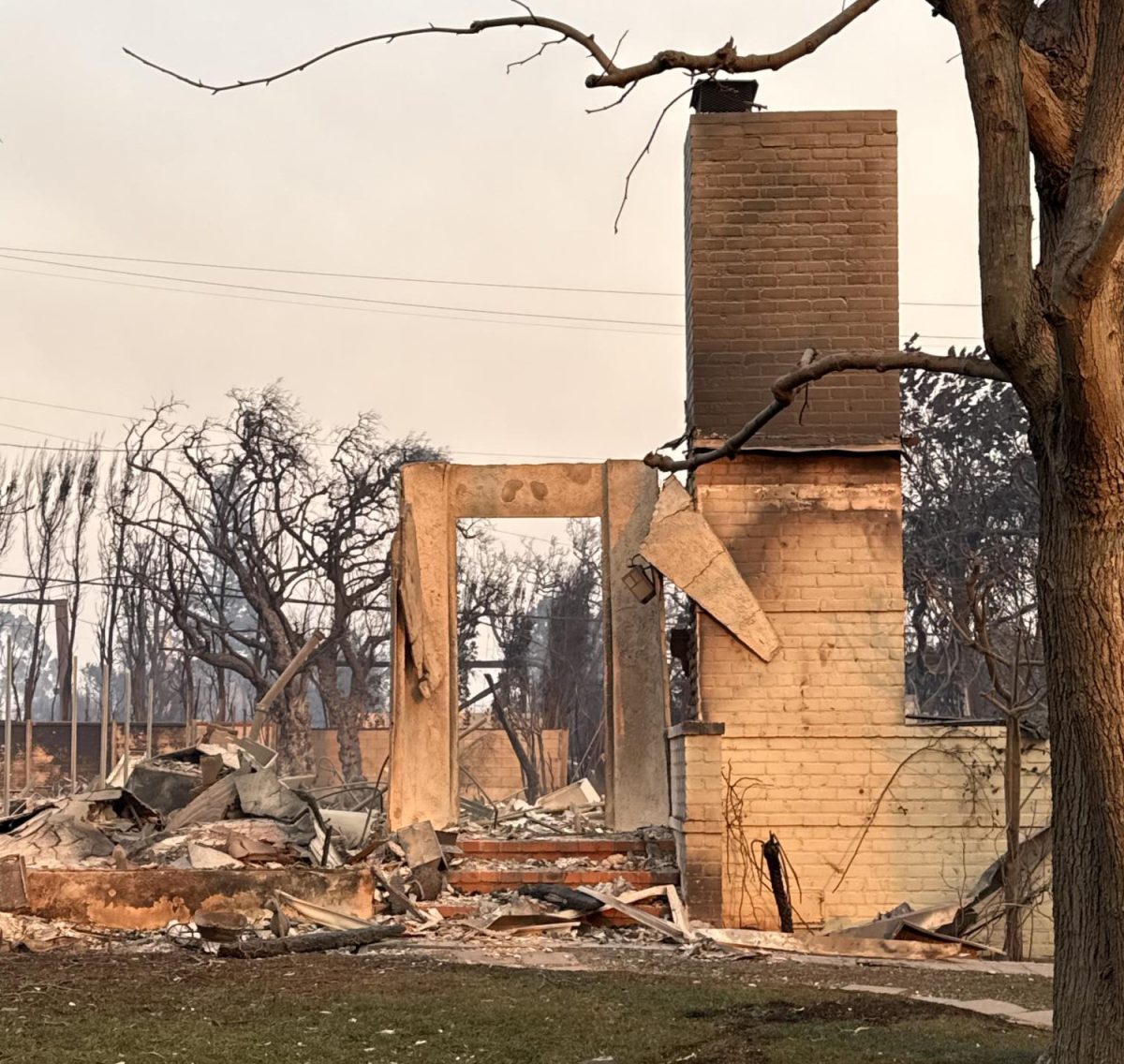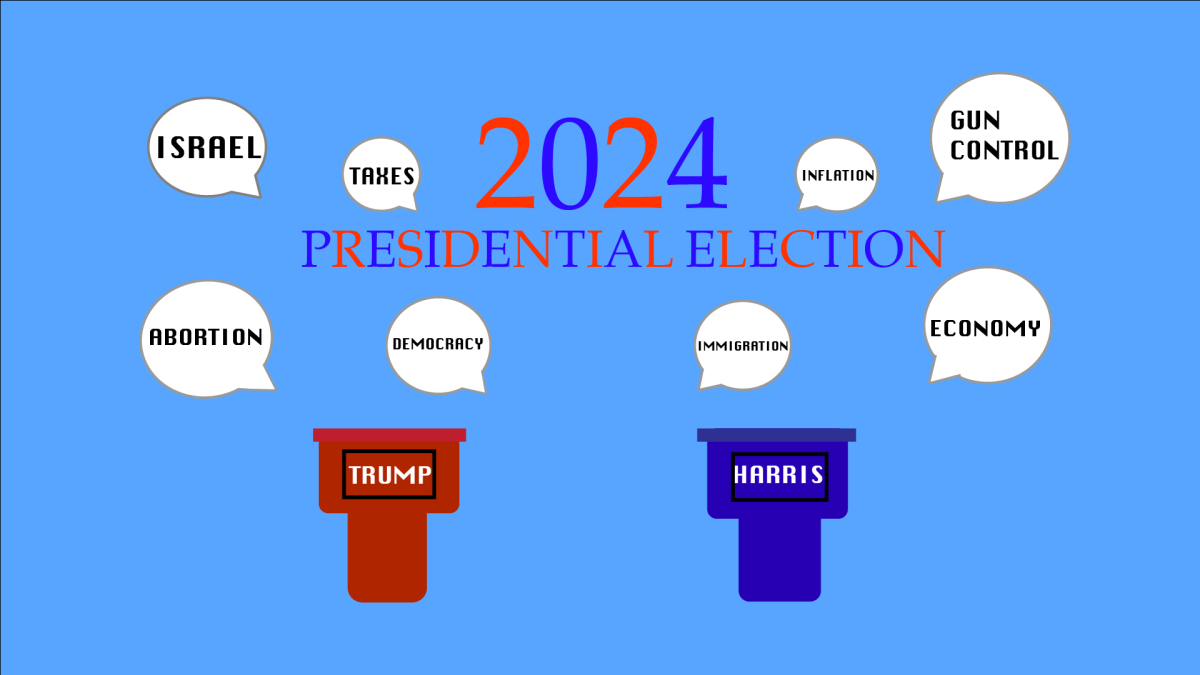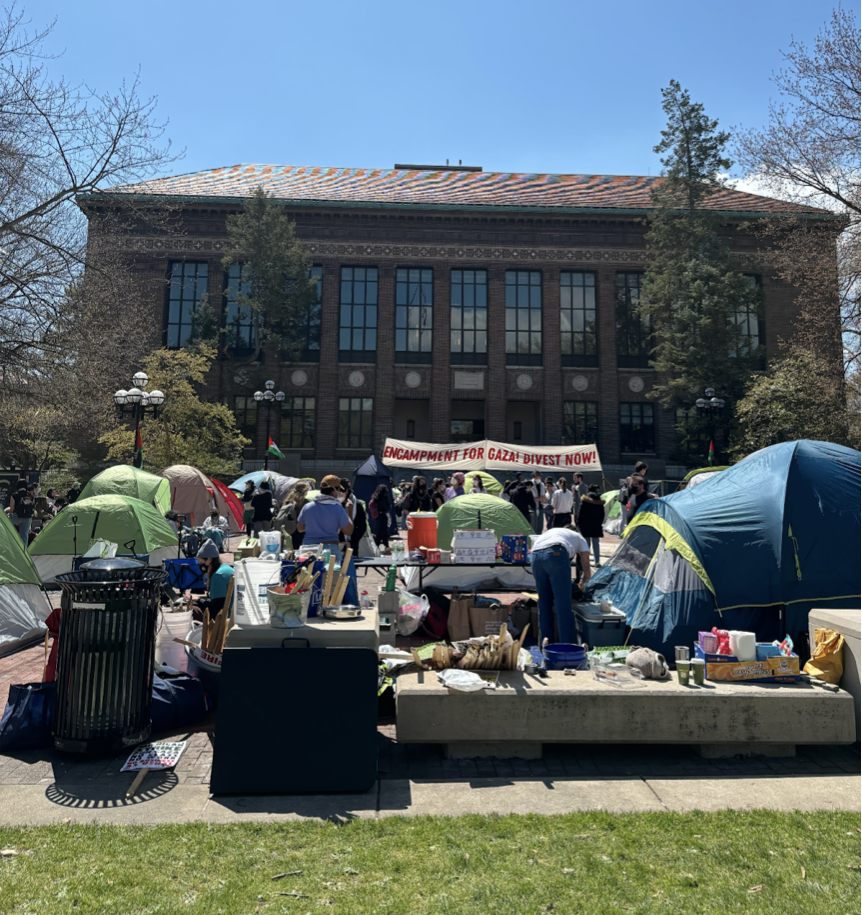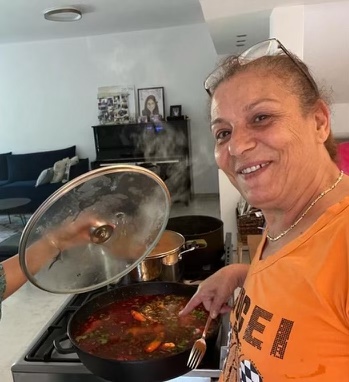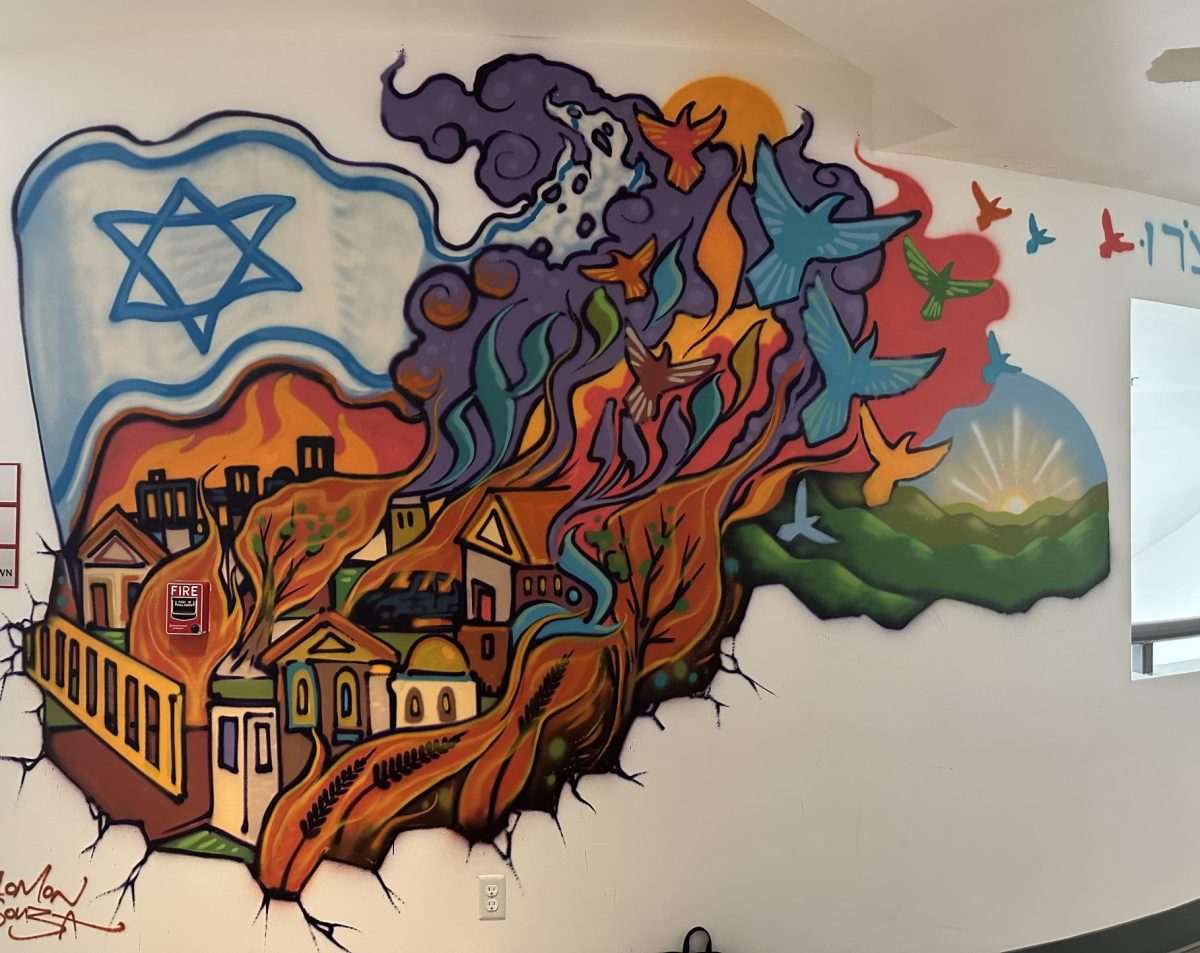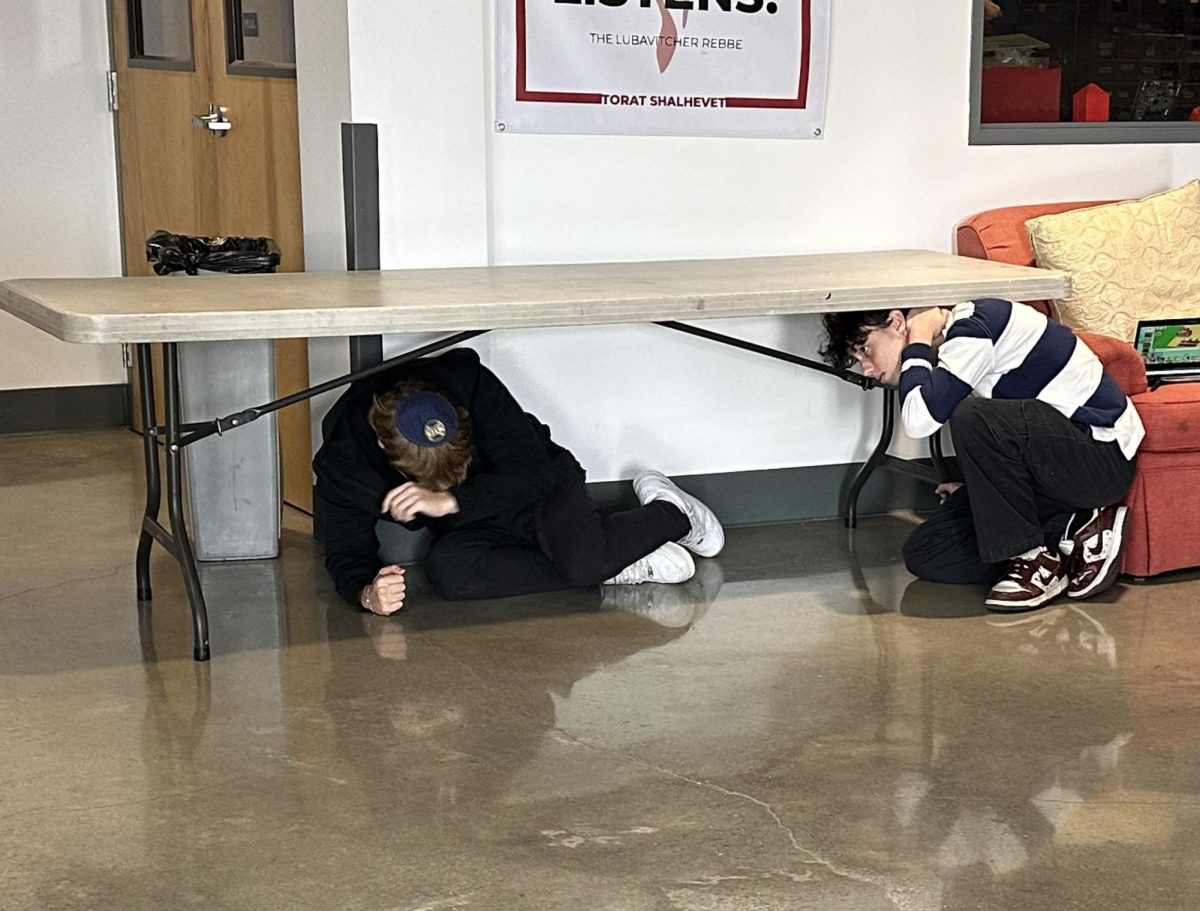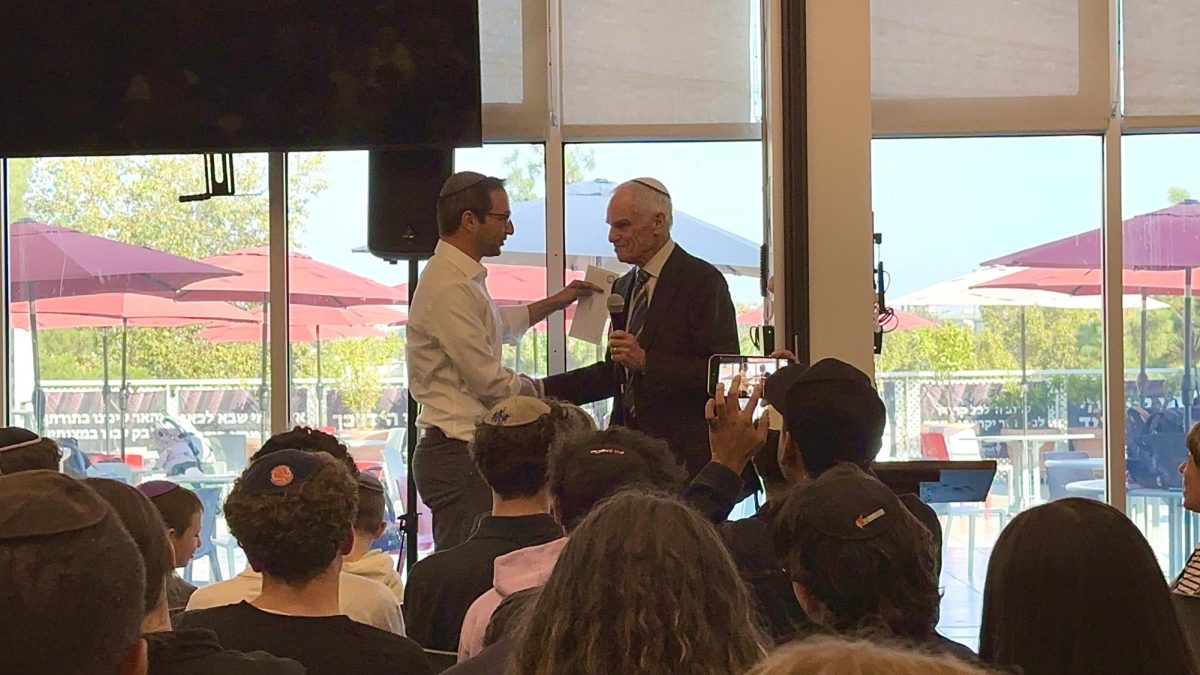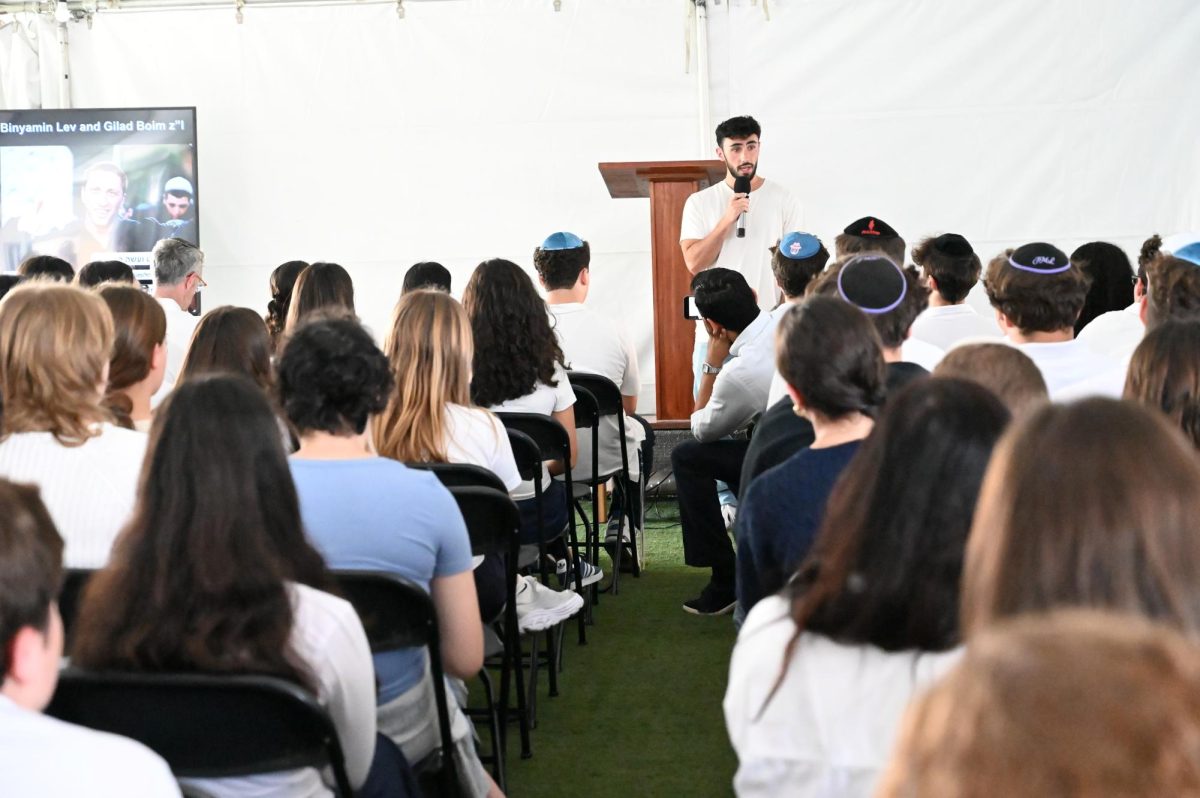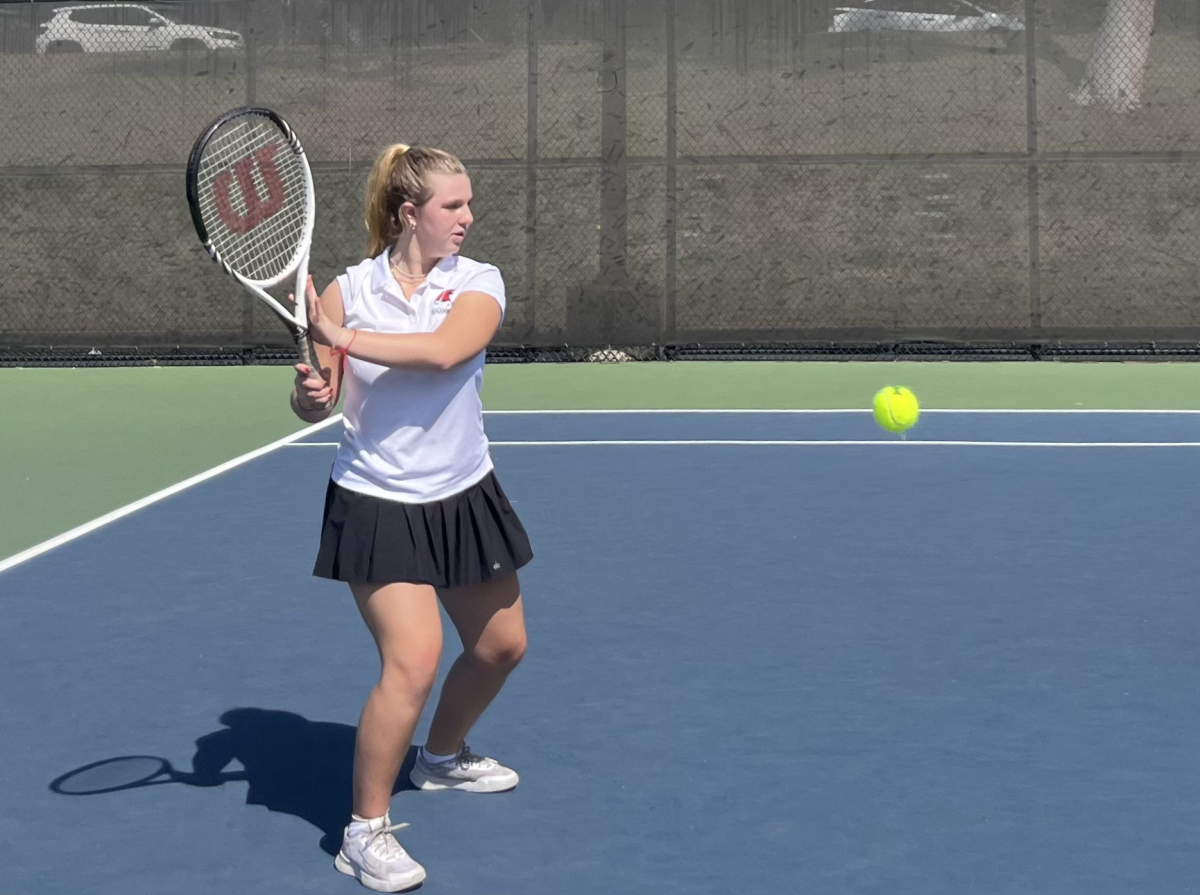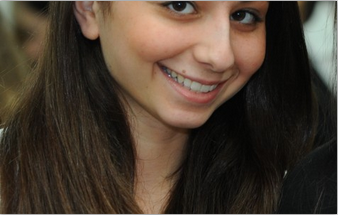As Anti-American riots spread to over 20 countries in the Middle East and Africa and American flags were burned outside American embassies, at least some Muslim teens in Los Angeles disapproved and were anxious about negative generalizations about Muslims that would result from the chaos.
Some of the uprisings were in reaction to a Youtube video called Innocence of Muslims. The film, made by Nakoula Basseley Nakoula, , an Egyptian-American Christian, ridicules the Islamic prophet Muhammad, and was broadcast on an Egyptian television station, Al-Nas TV, Sept. 8.
It spread via internet throughout the Arab world, and riots raged for a little over two weeks. During this time, in Libya on Sept. 11 U.S. Ambassador Christopher Stevens and three other men were killed when the consulate in Benghazi was stormed. Initially, U.S. officials blamed the attack on reaction to the video, but the State Department later blamed Al-Qaeda and the extremist militia Ansar al-Shariah.
In Los Angeles, reaction among Muslims to the film was different.
“I have seen the video and it is hilarious,” said Mona Ghannoum, a youth group member of the Islamic Center of Southern California in Koreatown.
“It’s so terribly done and such a stupid video,” Mona said in an interview. “I’m really not proud at how Muslims have been reacting. It’s fine to protest and speak out, but the extremity is too much.”
Mona Ghanoum said she feared that the riots would damage the image Muslims have in America.
“We spent so many years, especially after Sept. 11, to show that we are peaceful, and then they do this,” Mona said. “It gives people who are against us another argument to use. It doesn’t take us back to square one, but it’s a setback.”
For the Muslim teenagers in Los Angeles, the reaction to these riots was a stark contrast to the feeling during the “Arab Spring” just a year ago, when dictatorships were overthrown from power in four Arab countries and civil uprisings erupted in many others.
“When I saw the Arab Spring it was a different sentiment,” said Maha Kamel, another member of the Islamic Youth Group. “We related to it and were joyous because it was a step forward.
“This is more heartbreaking,” she continued. “I was somewhat scared that this was going to have an effect on what American Muslims have been working on – building our reputation.”
The Islamic Center youth group first met with Shalhevet in May of 2011 and then again in May of 2012. The student-planned occasion has forged friendships between the teenagers, some of whom communicate regularly on Facebook.
Mona believes the recent events in the Middle East will only strengthen the need for another interfaith meeting between Shalhevet and her group.
”I think if anything this should make the interfaith event more prevalent,” Mona said. “Muslims and Arabs need to show that what’s happening is not who we want.
“People group us and fail to realize that Muslims in New York are different from Muslims in Los Angeles or Egypt. This might cause some tension, but overall it will bring a greater need for the interfaith event.”
Both Mona and Maha said that watching the anti-American protests reinforced their identity as both Americans and Muslims.
“I have spent so much time on trying to adapt with my identity that I can’t be one without the other,” said Mona, whose parents are from Syria and Egypt. “At this point I am a Muslim American. I’m not saying I’m siding with America, but I’m not exactly proud with what the people in my religion are doing.”
Maha felt similarly about the issue.
“When I saw the video, the Muslim side of me was offended,” said Maha, whose family came to America from Egypt in 1984 and 1994. “But the American part understood the freedom of speech and freedom of religion.”
Maha said that she watched only five minutes of Innocence of Muslims. While she found it offensive, she said the low quality of the film caused her to it in a different way than the Muslims in Africa and the Middle East.
“Historically, we are from same roots,” she said. “But I have nothing in common with the people in Libya except for our religion. And I think that’s why the reaction was so different.”
While the demonstrations have since died down, the details of the Benghazi consulate attack are still being investigated. The consulate attack has become an issue in the presidential election, as Republican candidate Mitt Romney has criticized President Obama and his administration for giving mixed reports on what happened and for not calling it a terrorist attack.
In their Oct. 16 debate, President Obama said he referred to the consulate attack as an act of terror during his speech in the Rose Garden on Sept. 12, just a day after the Libyan consulate was stormed. He also has said that his administration revealed facts to the public as they became known, and that the investigation was continuing.

